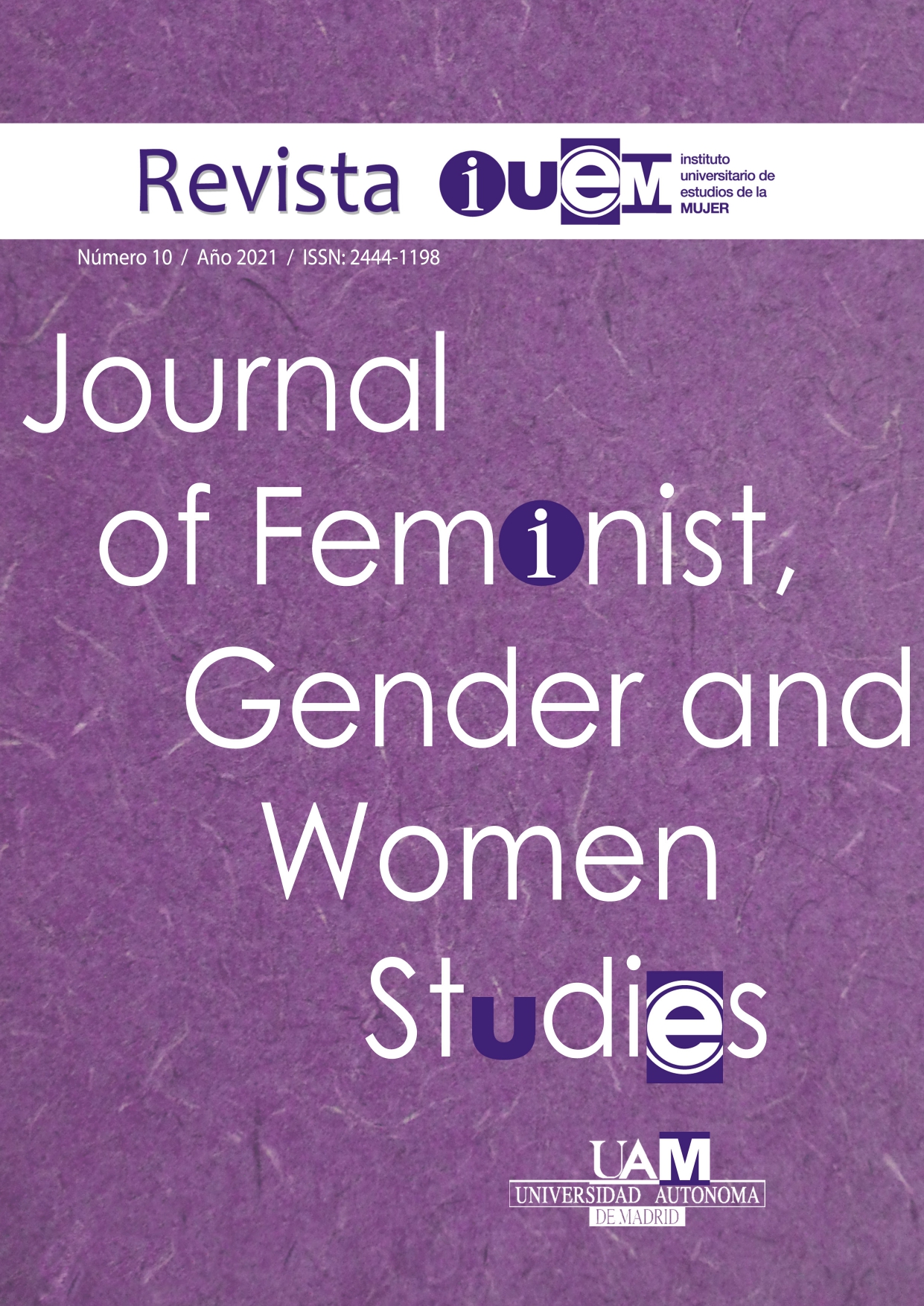Palavras-chave:
Agential materialism, Accountability, Feminist paradigm, Karen Barad, Post-humanismResumo
Much has been argued within the fertile critical field of feminism in the second half of the twentieth century. With the advantage of distance from the twenty-first century, we can now gain a certain perspective on the general context of production and reception of feminist criticism as it becomes embodied in new myths that subvert the old phallogocentric ones. My approach intends to start a dialogue between such embodiments (mainly in the work of Cixous, Hayles, de Beauvoir, and Haraway) and Karen Barad’s agential materialism, using her critical construct of “phenomenon” as an instrument to understand the feminist paradigm in the post-human context and proposing accountable diffractive intra-action as an alternative to naturalized constructs.
Downloads
Referências
Barad, Karen. 2007. Meeting the Universe Half Way.Quantum Physics and the Entanglement of Matter and Meaning. Durham, NC: Duke University Press. https://doi.org/10.2307/j.ctv12101zq
Bennet, Jane. 2010. Vibrant Matter. A Political Ecology of Things. Durham, NC: Duke University Press.
Bloom, Harold. 1997.The Anxiety of Influence. A Theory of Poetry. Second. New York and Oxford: Oxford University Press.
Braidotti, Rosi. 2013. The Posthuman. Cambridge: Polity Press.
Butler, Judith. 1993. Bodies that Matter. On the Discursive Limits of 'Sex.' . New York: Routledge.
Butler, Judtih. 1999. Gender Trouble. Feminism and the Subversion of Identity. New York: Routledge.
Cixous, Hélène. 1976. The Laugh of the Medusa. Signs 1(4): 875-893. https://doi.org/10.1086/493306
Davenant, John. 1944.Concerning the Abuse of the Doctrine of Election and Reprobation. En Cattermole, Richard (ed.) The literature of the Church of England, Vol. 1, 206-217. London: John W. Parker. West Strand.
de Beauvoir, Simone. 2011. The Second Sex. Translated by Constance Borde and Sheila Malovany-Chevalllier. New York: Vintage Books.
Haraway, Donna. 1985. A Manifesto for Cyborgs. Socialist Review 80 15, no. 2 (Mar-Apr): 65-107.
Hayles, N. Katherine. 1999. How We Became Posthuman: Virtual Bodies in Cybernetics, Literature, and Informatics. Chicago, IL: U. Of Chicago Press. https://doi.org/10.7208/chicago/9780226321394.001.0001
Iovino, Serenella, and Serpil Opperman. 2012. Material Ecocriticism: Materiality, Agency, and Models of Narrativity. Ecozon@ 3 (1): 75-91. https://doi.org/10.37536/ECOZONA.2012.3.1.452
Jackobson, Roman. 1981. Roman Jackobson. Selected Writings. Poetry of Grammar and Grammar of Poetry. Edited by Stephen Rudy. Vol. 3.(6 vols). The Hague, Paris, New York: Mouton Publishers.
Kristeva, Julia. 1984. Revolution in Poetic Language. Translated by Margaret Waller. New York: Columbia University Press.
Kristeva, Julia. 1981 Women's Time. Signs: Journal of Women in Culture and Society 7 (1): 13-35. https://doi.org/10.1086/493855
Rich, Adrienne. 1980. Compulsory Heterosexuality and Lesbian Experience. Edited by Barbara Charlesworth Gelpi and Albert Gelpi. Signs: Journal of Women in Culture and Society (W.W. Norton & Company) 5, no. 4 (Summer): 631-666. https://doi.org/10.1086/493756
Suskin Ostriker, Alicia. 1987. Stealing the Language. The Emergence of Women's Poetry in America. London: The Women's Press.
Woolf, Virginia. 1993. A Room of One's Own. Three Guineas. London: Penguin Books.
